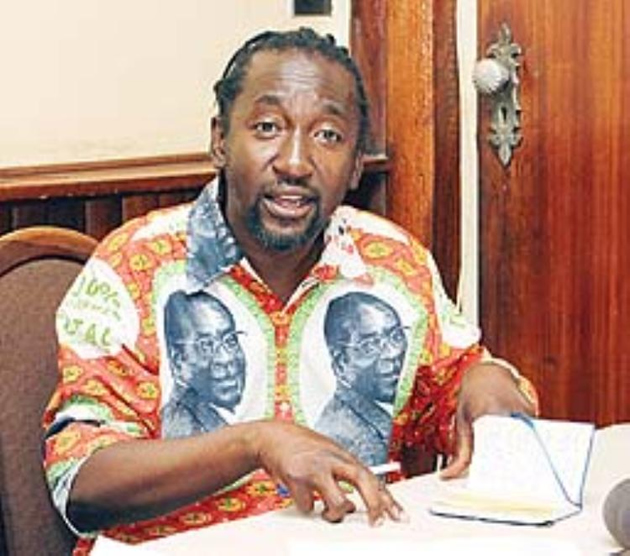
THE elite will benefit from the indigenisation crusade as the ordinary people do not have the resources to participate in the implementation of the indigenisation law, an economist has said.
BY BUSINESS REPORTER
Phineas Kadenge, senior lecturer and chairperson of the Economics Department at the University of Zimbabwe, told NewsDay yesterday that indigenisation should benefit the disadvantaged in society.
“The already privileged are the ones likely to benefit from indigenisation. We saw this with the land reform programme. The elite benefited from the programme. Access, while it is important, is not sufficient. Unless there is a deliberate effort to provide resources for weak members of the society, indigenisation will be for the elite,” he said.
The fast-track land reform programme, which began in 2000, saw prime land fall in the hands of a few politically-connected people and brought in multiple farm owners.

Reports say a new land audit, to be embarked on, will now target land use and not multiple farm owners.
Kadenge said the indigenisation policy was not unique to Zimbabwe, but was tried in Nigeria in the ’60s.
- Chamisa under fire over US$120K donation
- Mavhunga puts DeMbare into Chibuku quarterfinals
- Pension funds bet on Cabora Bassa oilfields
- Councils defy govt fire tender directive
Keep Reading
It benefited the elite and the poor were excluded.
He said concerns with the Indigenisation and Economic Empowerment Act include policy inconsistencies, difficulties of doing business, protection of reserved sectors, inflexibility of the legislation and inadequate capital to purchase the shares.
“A lot of discretionary powers are in the Act and there is need for checks and balances and it can be onerous to have huge discretionary powers,” Kadenge said.
He said while it was good to have the reserved sectors, there were fears that locals would front for foreigners.
The new framework has set aside 14 sectors reserved for locals.
Companies are expected to submit their implementation plan for the Indigenisation Act by March.
Speaking at a meeting recently, Youth, Indigenisation and Economic Empowerment minister Patrick Zhuwao said the law had not changed and had to be implemented.
The Indigenisation Act stipulates that at least 51% shareholding in foreign-owned companies, with a capital base of $500 000 operating in Zimbabwe should be in the hands of locals.
The Act came into being in 1998 and was revised in 2004.
Analysts say the legislation scares away potential investors needed to reboot the economy.











